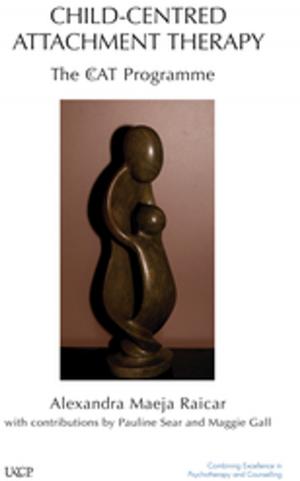Politicization of Sexual Violence
From Abolitionism to Peacekeeping
Nonfiction, Social & Cultural Studies, Political Science| Author: | Carol Harrington | ISBN: | 9781317078609 |
| Publisher: | Taylor and Francis | Publication: | April 22, 2016 |
| Imprint: | Routledge | Language: | English |
| Author: | Carol Harrington |
| ISBN: | 9781317078609 |
| Publisher: | Taylor and Francis |
| Publication: | April 22, 2016 |
| Imprint: | Routledge |
| Language: | English |
In the 1990s, feminist scholars on the politics of rape experienced a sudden surge of interest in their, until then, marginal field. Why was the 1990s the right time for rape to become an international security problem? Furthermore, why suddenly in the 1990s did rape become problematized as an international issue not just by the feminist fringes of protest movements but also by intergovernmental bureaucracies? To explore these questions, Carol Harrington traces the historical change in the politicization of rape as an international problem and explains how early international women's organizations gained expert authority on rape by drawing on abolitionist rhetoric of bodily integrity. She discusses why they abandoned their politicization of rape in the inter-war period and why rape only reappeared as an international security question requiring gender expertise on trauma after the Cold War.
In the 1990s, feminist scholars on the politics of rape experienced a sudden surge of interest in their, until then, marginal field. Why was the 1990s the right time for rape to become an international security problem? Furthermore, why suddenly in the 1990s did rape become problematized as an international issue not just by the feminist fringes of protest movements but also by intergovernmental bureaucracies? To explore these questions, Carol Harrington traces the historical change in the politicization of rape as an international problem and explains how early international women's organizations gained expert authority on rape by drawing on abolitionist rhetoric of bodily integrity. She discusses why they abandoned their politicization of rape in the inter-war period and why rape only reappeared as an international security question requiring gender expertise on trauma after the Cold War.















